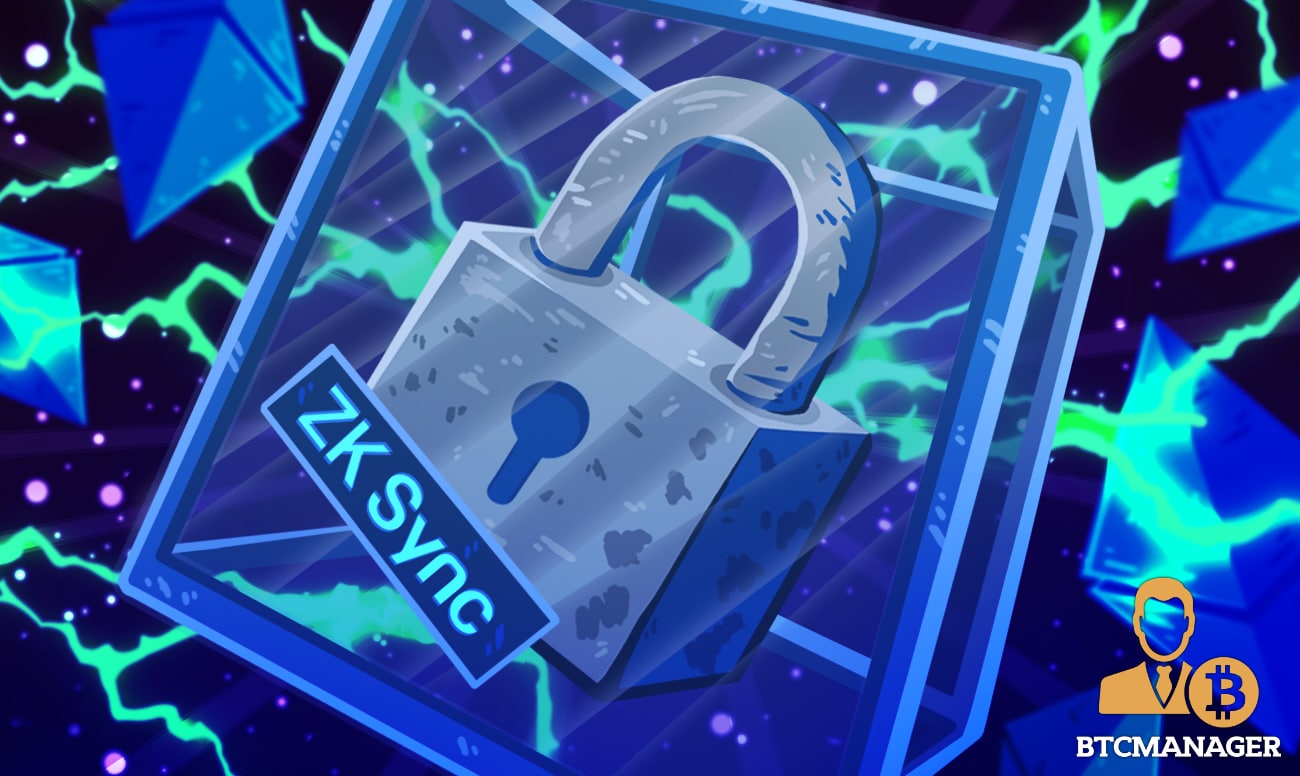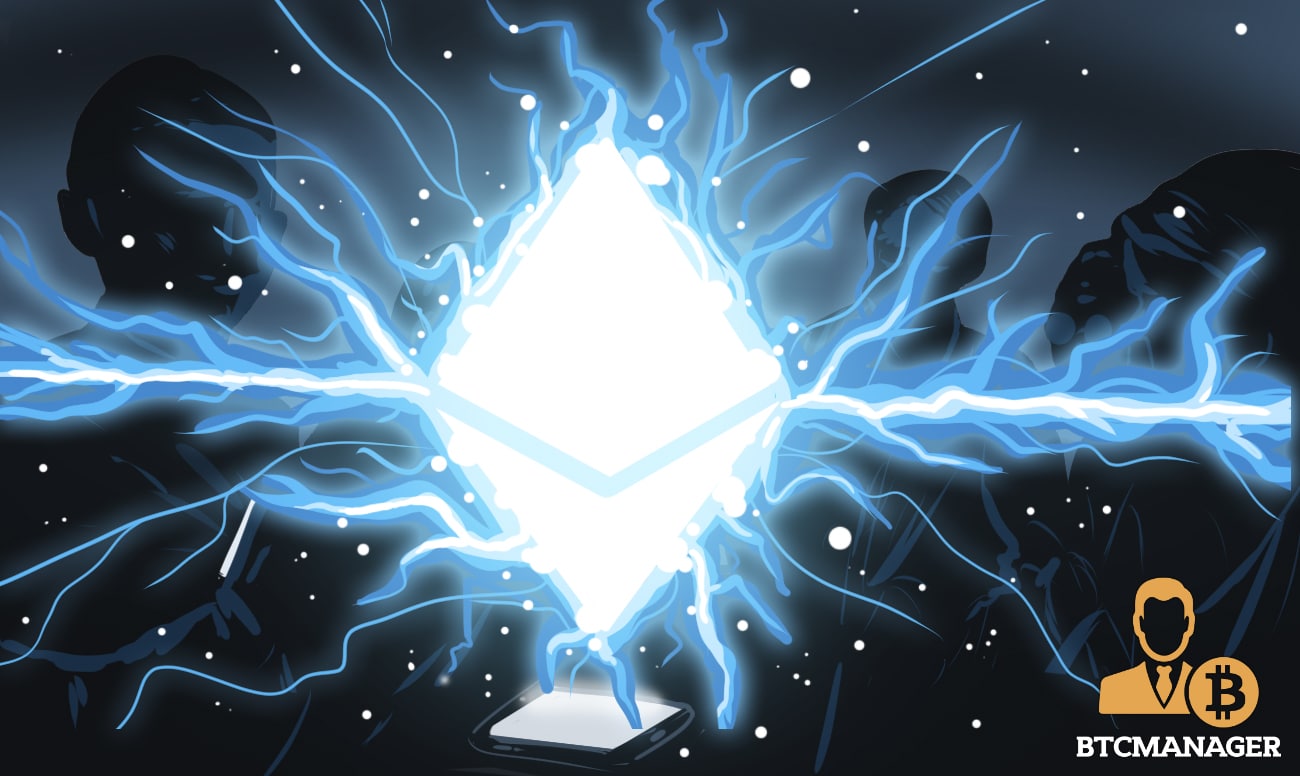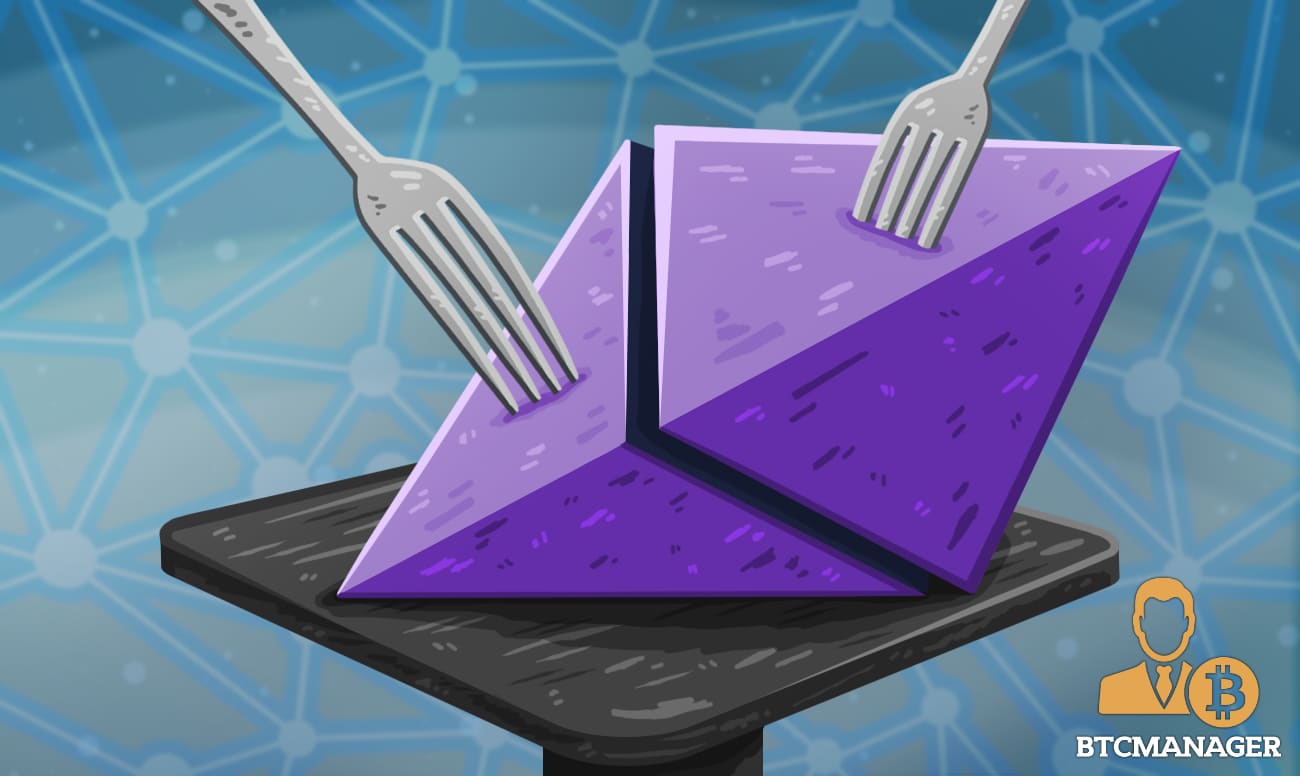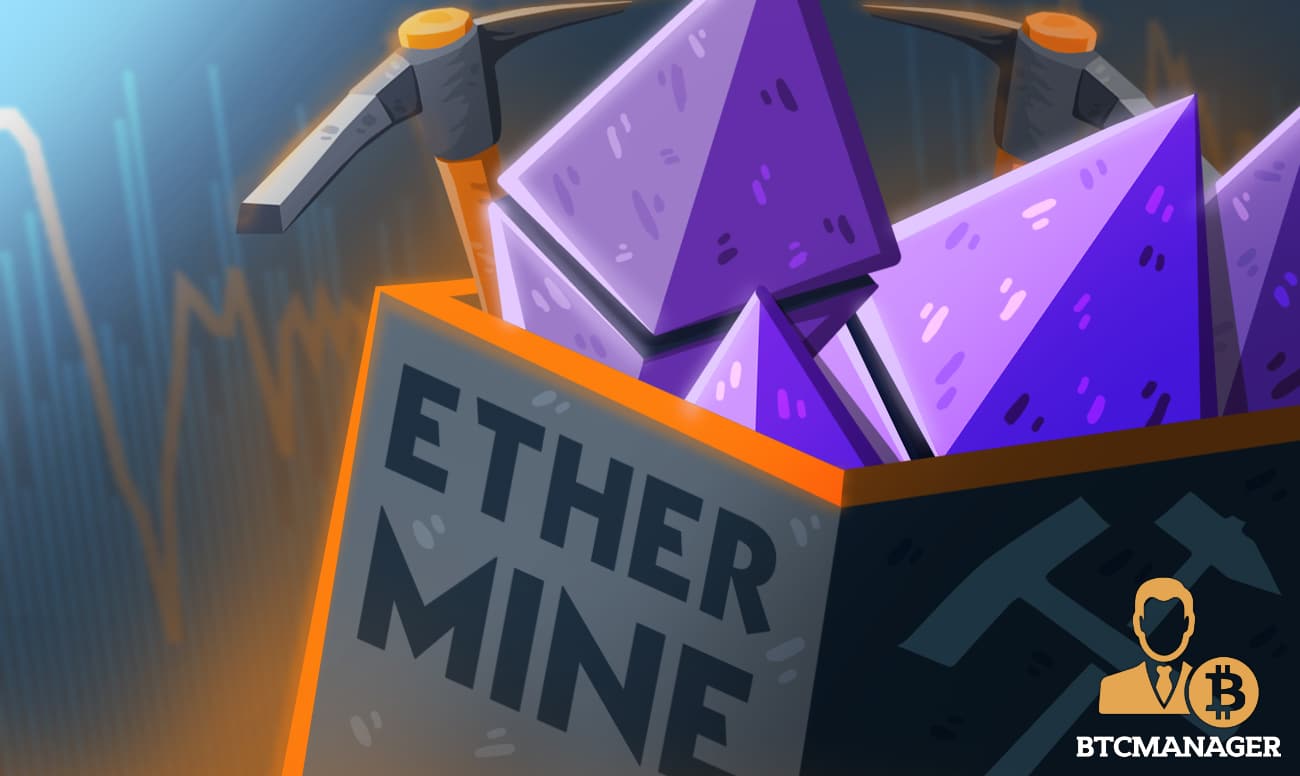Layer two scaling solutions have been accepted as the way forward by blockchain developers at large. Putting decentralization at risk by attempting to scale the base layer is a trade-off that doesn’t make sense for this technology. ZK Sync will enable privacy and scalability by adopting Ethereum’s security, the scalability induced by layer two solutions, and privacy propagated by zero-knowledge rollups (ZK rollups), December 5, 2019.
Trustless Scaling for the Masses
The inability of the base layer of a blockchain to scale is not a bug, but rather a feature in itself. This is because it means the underlying base does not compromise on security or decentralization in order to process more data.
Keeping this in mind, layer two scaling solutions are the best bet this industry has at truly scaling for the necessary throughput the world needs. With ZK rollups, this is possible using smart contracts and SNARKs. As a simple primer, ZK rollups work by taking a bunch of transactions, putting them in a smart contract on-chain, adding the smart contract to a rollup block, and producing a zero-knowledge proof to verify any of the transactions in the block.
Matter Labs believes with ZK Sync and its proprietary SNARK, RedShift, they will be able to scale Ethereum for Visa level throughput – approximately 2000 transactions per second (TPS), compared to Bitcoin’s 3-5 TPS and Ethereum’s current 15-20 TPS.
What ZK Sync Brings to the Table
Privacy and scalability are arguably the most important elements that blockchains traded away in order to enable transparency and openness. However, there is a way to not compromise, and yet achieve all necessary parameters for a high functioning system.
ZK Sync brings privacy and scalability, but it also accepts the need for strong UX for widespread adoption. Enabling real time transactions at a cost much lower than its on-chain counterparts will make blockchains far more attractive for the masses.
The system comprises of validators and guardians. In short, a validator posts a bond and is responsible for collecting transactions in a smart contract and deploying it, and creating the rollup block. Guardians are the entities who nominate validators by staking a claim and are in charge of governance and monitoring for malicious activity.
ZK rollups are a huge innovation that will bring a world of new use cases to Ethereum. It brings the appeal of traditional privacy to an open, transparent ledger.
Sourced from crypto.news.
Written by Ashwath Balakrishnan on 2019-12-06 21:00:49.










